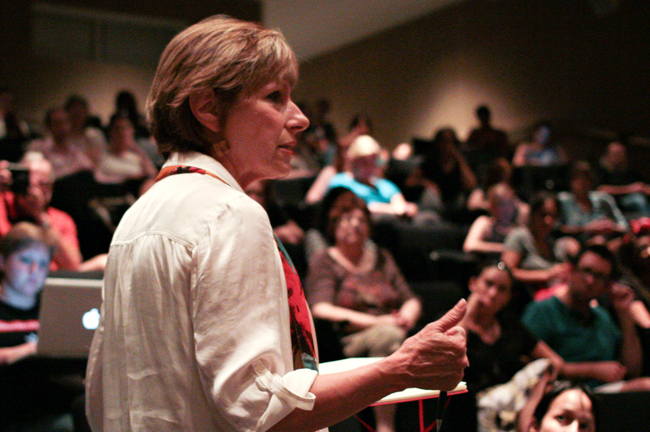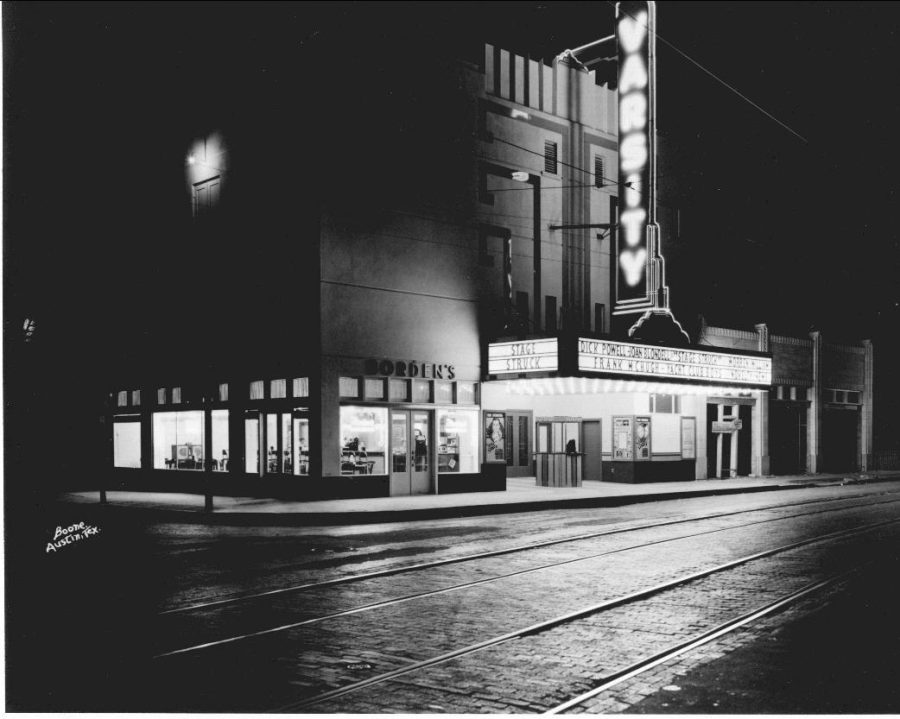House Bill 2, which passed in the state Legislature this summer, will result in the closure of all but six abortion clinics in Texas, which some say might have implications for UT students.
On Wednesday, the LBJ School of Public Affairs’ Feminist Policy Alliance and The Texas Observer co-hosted a panel on the effects HB 2 will have on Texas women. The panel, Stand for Women’s Health in Texas, featured Rep. Jessica Farrar, D-Houston, local activist Jessica Luther and Heather Busby, who works with National Abortion Rights Action
League [NARAL].
Dave Mann, editor of The Texas Observer, moderated the event. He said interest in the subject was obvious following Wendy Davis’ (D-Fort Worth) 11-hour filibuster to block the bill. Though Davis’ filibuster did not last until midnight, disruptions from the crowd gathered in the Capitol delayed a vote on the bill until the legislative session was already over. The bill was passed in a special session mandated by Gov. Ricky Perry.
“We want to open discussion around the issue of women’s health … Obviously there was a lot of energy around the filibuster this summer,” Mann said.
The panel centered around the implications of these stricter guidelines on abortion clinics, what could be done to address their affects and what could be done to change them.
Farrar was a vocal opponent of HB 2 during the summer’s legislative sessions.
“You’re going to see more women having more unwanted pregnancies,” Farrar said. “You’ve got health care providers saying, ‘We are opposed to this.’ … It was political motivation to pass this bill, this wasn’t a response to any complaints from the clinics.”
Luther said basic preventative health care for women would also be adversely affected by the bill.
“The clinics you see shut down don’t only do abortions, so reproductive health will be affected,” Luther said. “We need to keep reminding the state and legislatures that we are here and we’re still angry.”
Luther, Farrar and Busby also discussed ways they planned to react to the bill. Farrar stated that there is a lawsuit in the works.
“This bill is closing affordable clinics for women, making it harder for college-aged women and low income women to get what they need,” Busby said. “I’ve got people calling and saying ‘What can I do now? What can I do to help?’”
Luther said pro-choice supporters and organizations may begin to bus women from rural areas across the state to abortion clinics that are still open in Houston, San Antonio, Dallas, Fort Worth and Austin.
“That’s exciting to see Texans taking responsibility … It’s really concrete activism,” Luther said.





















